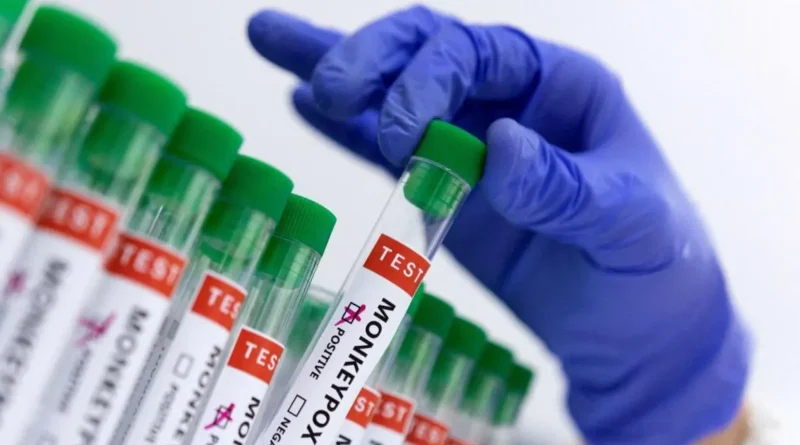USAID Donates 10,000 Mpox Vaccines to Nigeria
The United States Agency for International Development (USAID) has given 10,000 Jynneous vaccinations to Nigeria in an attempt to slow the spread of mpox.
The National Primary Health Care Development Agency (NHPCDA) Director General, Dr. Muyi Aina, told reporters during the official handover on Tuesday that the vaccine distribution would start right away and that frontline workers and the states with the highest case counts would receive priority.
He expressed gratitude to the US government for its cooperation and promised to use the vaccines wisely, claiming that doing so will prevent the disease from spreading throughout Nigeria and help save lives.
Nigeria Steps Up Monitoring When Mpox Cases Reach 39
According to the Nigeria Centre for Disease Control (NCDC), 33 states and the Federal Capital Territory have reported 39 confirmed cases of mpox, with no deaths reported.
The information was revealed by Jide Idris, the director general of the NCDC, during a press briefing earlier this month regarding the designation of mpox as a public health emergency of worldwide importance.
According to him, the NCDC is stepping up surveillance throughout Nigeria in order to quickly identify and address any new cases.
Idris claims that the NCDC has put all port health services on high alert at all five international airports, ten seaports, and fifty-one land/foot crossing borders.
He continued by saying that a few other states, including the Federal Capital Territory of Abuja, Lagos, Enugu, Kano, Rivers, Cross-River, Akwa-Ibom, Adamawa, and Taraba, have also been placed on high alert.
A global public health emergency was recently declared by WHO due to the increase in mpox cases in the Democratic Republic of the Congo and their transmission to neighboring countries.
In order to assess the outbreak and provide Dr. Ghebreyesus with recommendations, the WHO convened a conference of specialists.
“The emergency committee convened today and informed me that, in their opinion, the current state of affairs is a public health emergency of global significance. At a press conference, Tedros said, “I have taken that advice.”
All of us should be concerned about this. In order to stop the spread of the disease, treat those who are sick, and save lives, WHO is dedicated to organizing the worldwide response in the coming days and weeks. We will do this by collaborating closely with all of the impacted nations and making use of our ground presence.
The decision was made in response to the expanding outbreak, which prompted the African Union’s health inspector to declare a public health emergency.
The virus, formerly known as monkeypox, was first identified in people in the Democratic Republic of the Congo in 1970. From there, it spread to other nations.
Tedros stated that this year’s figure of over 14,000 cases and 524 deaths in the Democratic Republic of the Congo has already surpassed that of last year.



